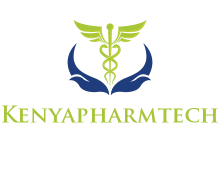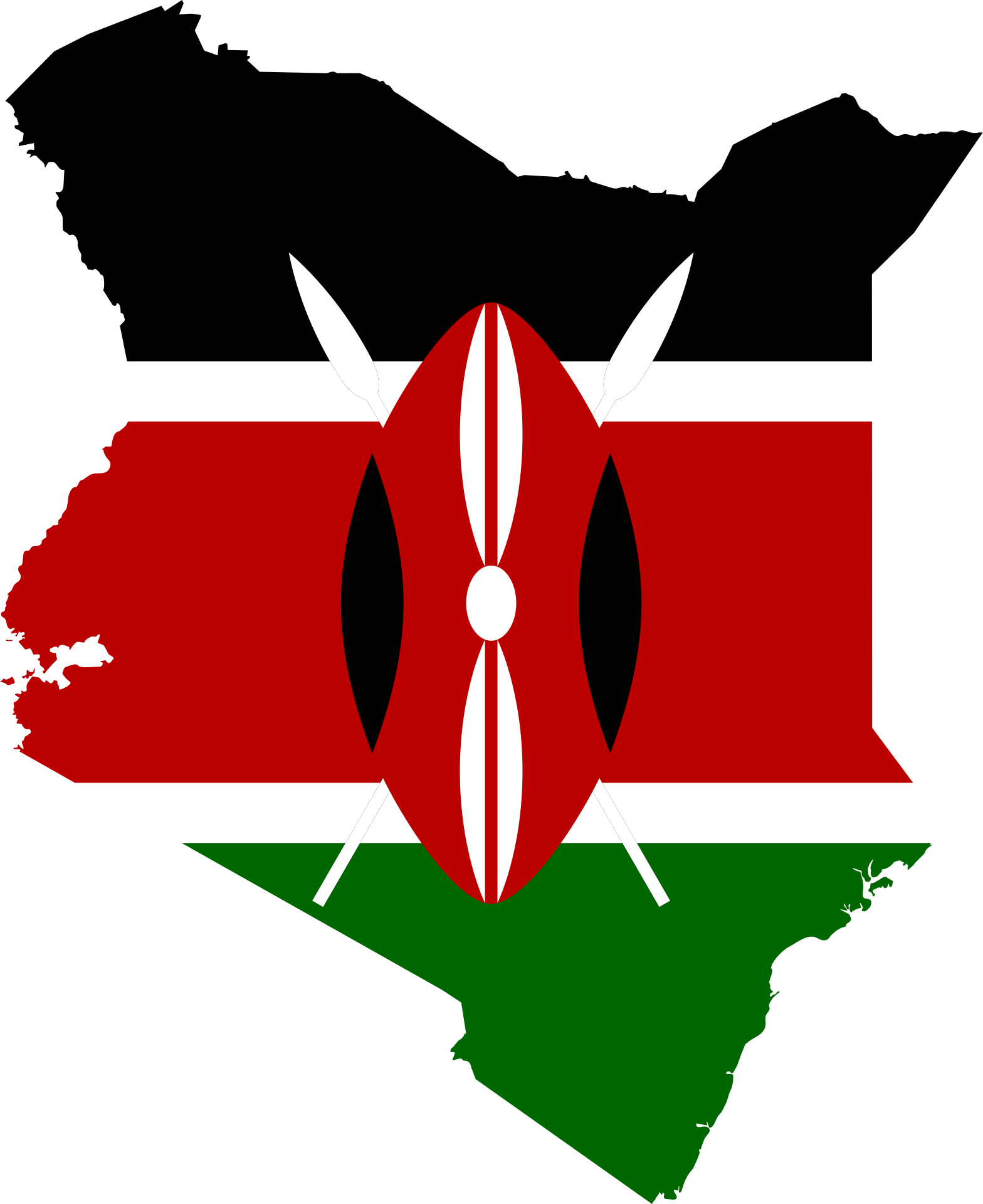Kenya’s Essential Medicines List (EML) is a list of medications that are considered to be the most effective, safe, and cost-effective for the country’s population. The EML is regularly reviewed and updated by the Ministry of Health in Kenya, in collaboration with relevant stakeholders, to ensure that it remains relevant and up-to-date.
The EML is an important tool for ensuring that essential medicines are available and affordable for all Kenyans, regardless of their income or location. It is also used as a reference for procurement and reimbursement by the government and private sector, as well as for prescribing by healthcare providers.
The EML is divided into several sections, including:
- Antibiotics
- Analgesics and antipyretics
- Anti-inflammatory drugs
- Antimalarials
- Antituberculosis drugs
- Antiretroviral drugs
- Essential obstetric and neonatal care drugs
- Essential cancer drugs
- Essential mental health drugs
- Essential surgical and anesthesia drugs
- Other essential medicines
The EML includes a wide range of medications, including both brand-name and generic drugs. The inclusion of medication in the EML is based on factors such as its effectiveness, safety, and cost-effectiveness, as well as its relevance to the health needs of the Kenyan population.
One of the key challenges facing Kenya’s EML is the issue of medicine availability and affordability. Despite the efforts of the government and other stakeholders to ensure that essential medicines are widely available and affordable, many Kenyans still struggle to access the medications they need. This is partly due to issues such as supply chain challenges and lack of funding, as well as a lack of awareness among healthcare providers and the general population about the importance of essential medicines.
To address these challenges, the government of Kenya has implemented a number of measures, including:
Increasing funding for essential medicines procurement and distribution
Strengthening the supply chain for essential medicines
Improving the regulations and oversight of the pharmaceutical industry
Increasing awareness and education about essential medicines among healthcare providers and the general population
Expanding access to essential medicines through initiatives such as community health workers and telemedicine
In addition to these efforts, Kenya has also been working to improve the availability and affordability of essential medicines through partnerships with international organizations, such as the World Health Organization (WHO) and the Global Fund to Fight AIDS, Tuberculosis, and Malaria (GFATM).
Despite these efforts, however, much work remains to be done to ensure that all Kenyans have access to the essential medicines they need. The Ministry of Health and other stakeholders will need to continue to work together to identify and address the challenges facing the EML and to develop and implement effective solutions.
In conclusion, Kenya’s Essential Medicines List (EML) is an important tool for ensuring that essential medicines are available and affordable for all Kenyans. However, the availability and affordability of the medicines remain a challenge. The government and other stakeholders are working to address these challenges through various measures such as increasing funding, strengthening the supply chain, and increasing awareness. However, more effort is needed to ensure that all Kenyans have access to the essential medicines they need.

